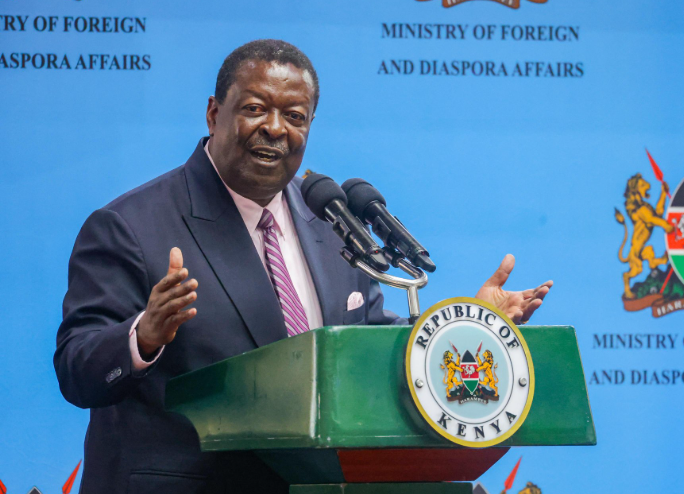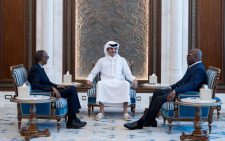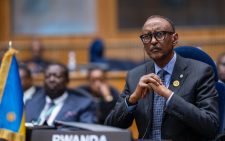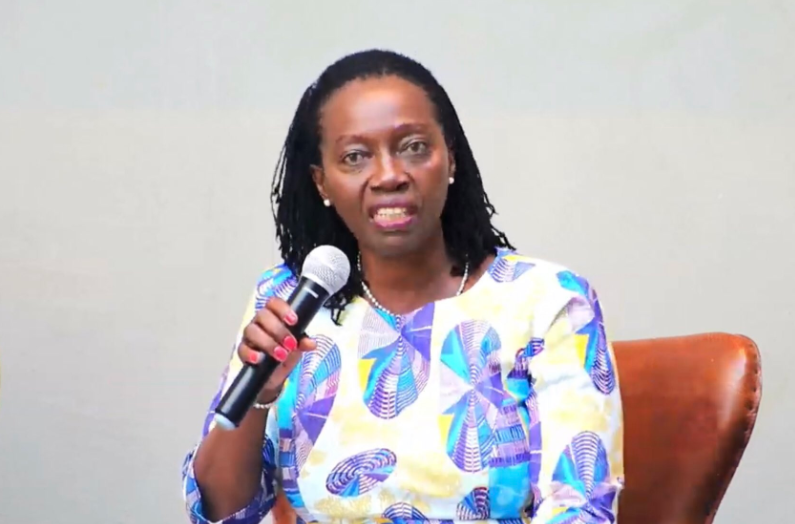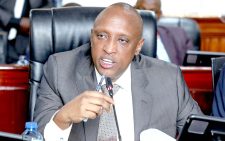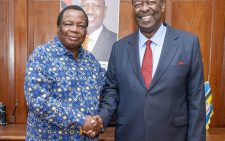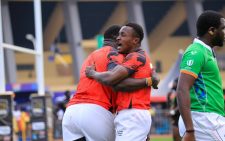On DRC and Sudan, back regional peace moves
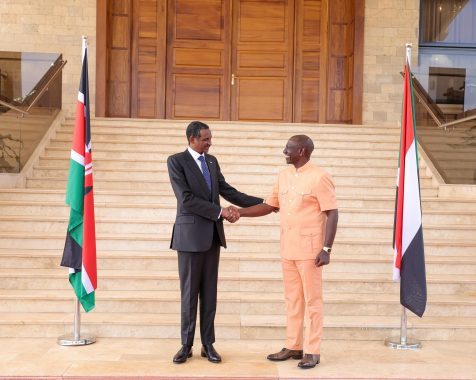
In December 2023, a Democratic Republic of Congo (DRC) opposition figure and the leader of the M23 rebel group together launched a new military group called the Congo River Alliance in Nairobi.
The DRC immediately expressed disappointment that Kenya, which was working with Kinshasa to restore peace in that country, had allowed Corneille Nangaa and M23’s Bertrand Bisimwa to announce their subversive movement on its soil.
As a result, President Felix Tshisekedi, who had claimed Nangaa was being used by Rwanda to fuel the M23 rebellion, recalled the DRC ambassador to Kenya, John Kalunga Nyakeru, and his counterpart in Tanzania, Pierre Masala.
Masala was recalled because Tanzania hosts the headquarters of the East African Community (in Arusha), to which Congo also belongs.
To forestall the deterioration of diplomatic relations, Kenya disassociated itself from any M23 activities and said detectives were investigating to establish if the rebels had committed any offence.
In another related case, Sudan’s paramilitary Rapid Support Forces (RSF) is currently in Kenya to launch a parallel government.
General Mohamed Hamdan Dagalo and his deputy Abdul Rahim Dagalo came to form a “peace and unity” government.
On Monday, hundreds of RSF supporters gathered at the KICC in Nairobi to witness the signing of the Sudan Founding Charter for Establishing a Peace and Unity Government.
The group, led by individuals accused at the International Criminal Court (ICC) for instigating deadly wars in Sudan’s Darfur region, claims that it wants to restore the legitimate government that was overthrown by remnants and militias of the Islamic movement.
Its move has also angered Sudan’s ruling military junta, led by General Abdel Fattah al-Burhan of the Sudanese Armed Forces (SAF).
The two cases have raised concerns about whether Kenya is a neutral mediator or a supporter of a negotiated settlement to the dispute, as claimed by Kenya’s Ministry of Foreign Affairs.
Article 4(g) of the Constitutive Act of the African Union prohibits interference by any member state in the internal affairs of another country.
Consequently, Kenya should strongly disassociate itself from such groups, especially when their activities are contrary to the constitutional order of their respective countries and are also likely to injure the peace, security and stability.
